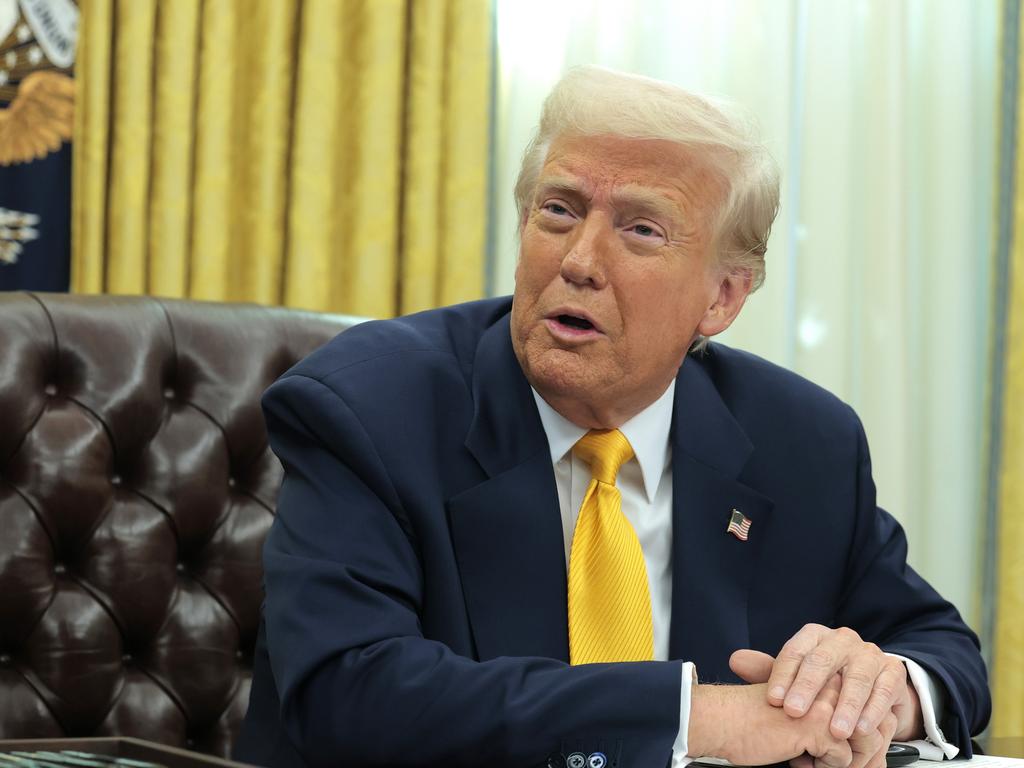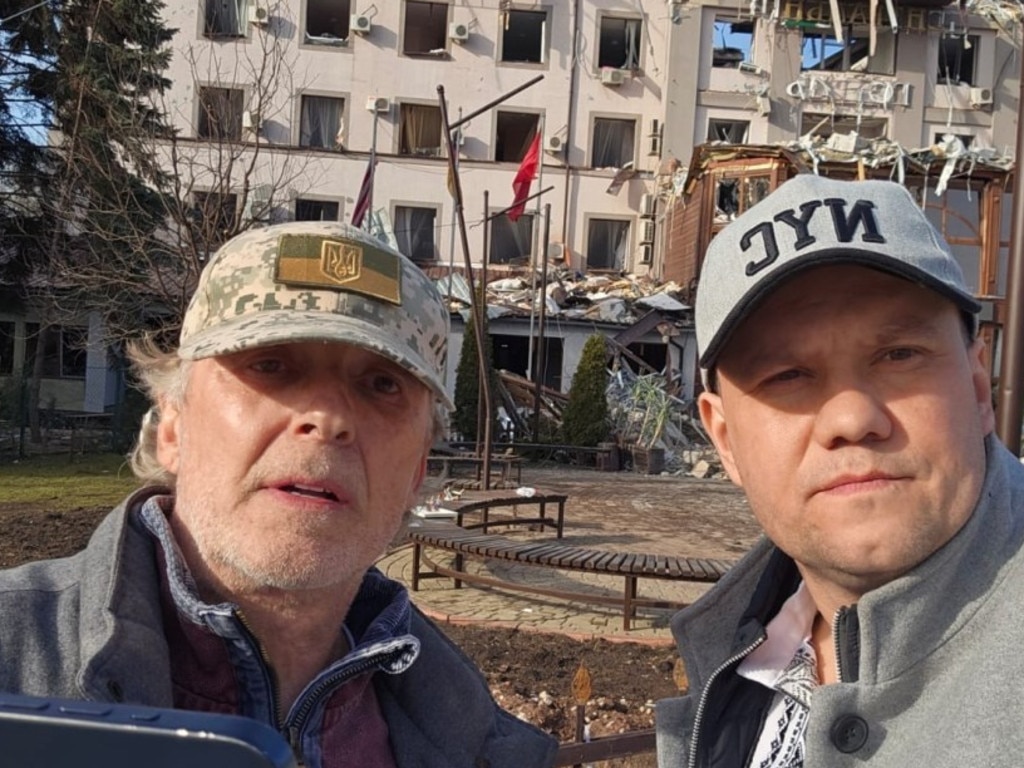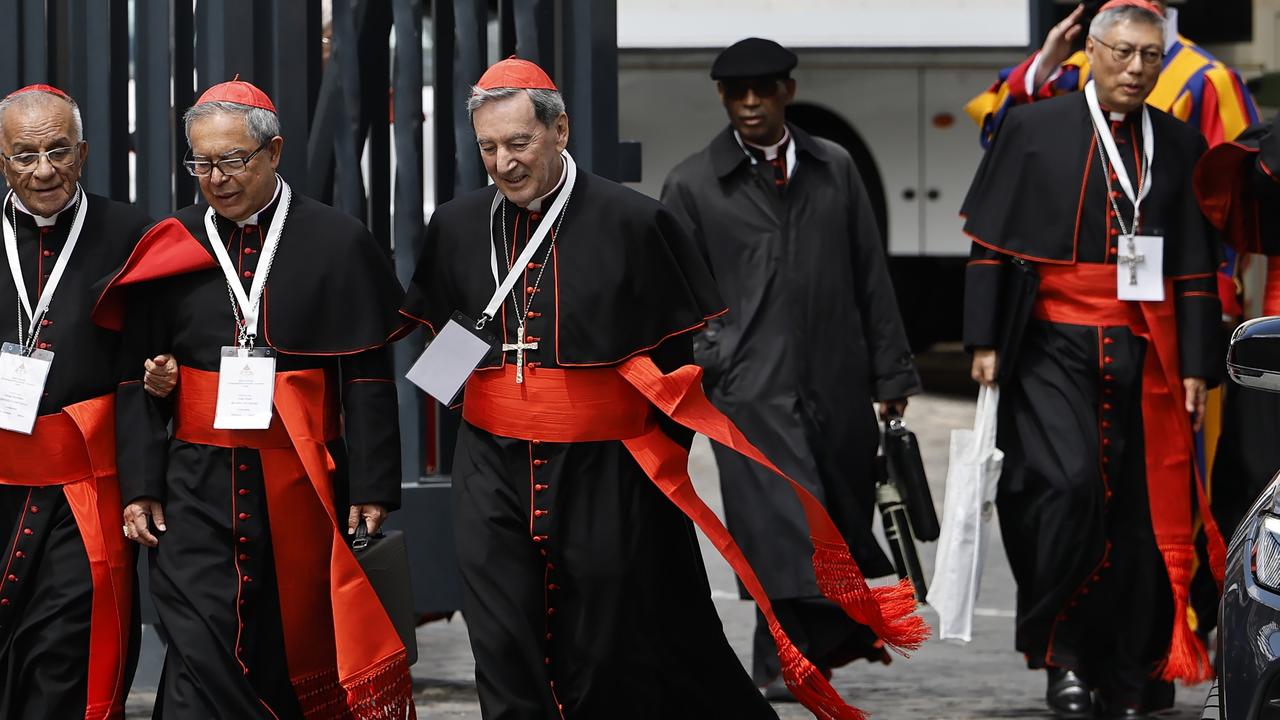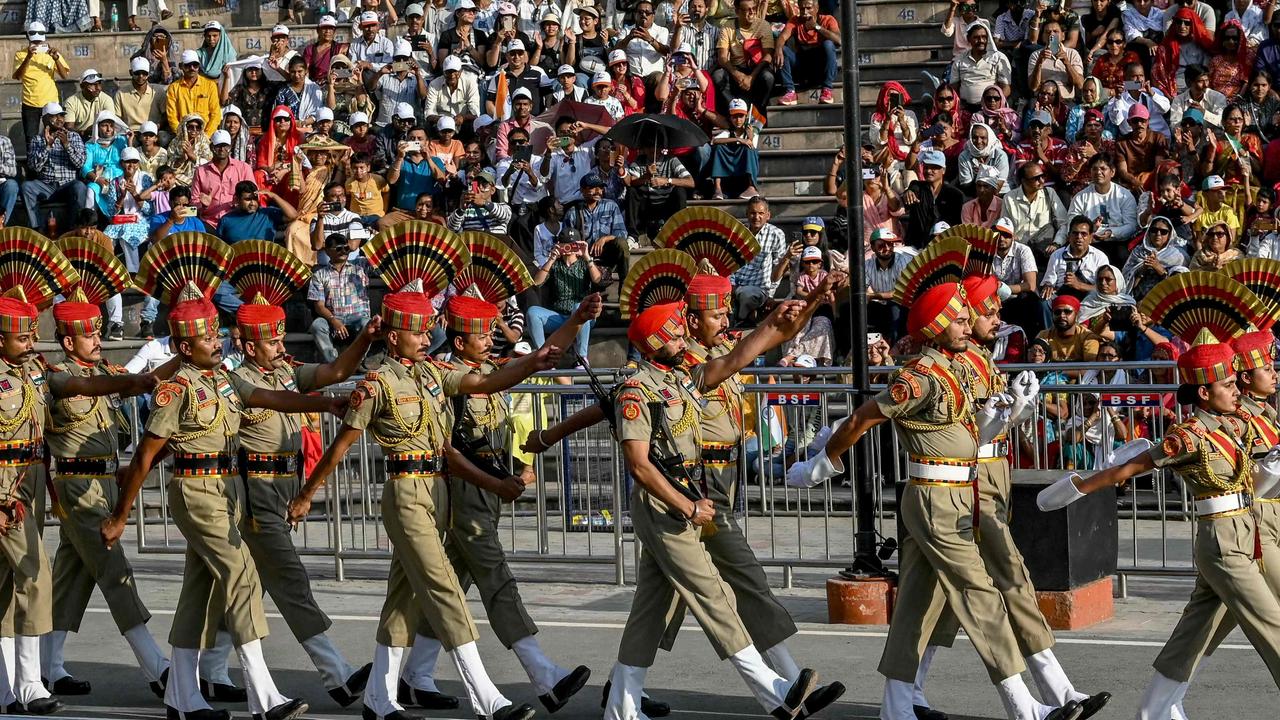Zelensky’s rivals spot a chance to seize Ukraine presidency
A chocolate baron and ‘gas princess’ are said to have held talks with President Donald Trump’s team.
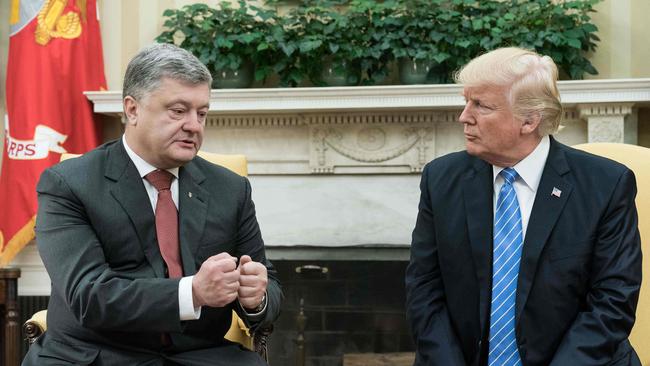
Until recently, Oleksandr Dubinsky was perhaps most famous for an internet meme in which he attests his mother’s love for sports cars.
When the Ukrainian MP, formerly of President Zelensky’s Servant of the People party, was asked by an investigative journalist how he could afford assets valued at dollars 2.5 million on his modest declared earnings, and why seven luxury cars, among them a Maserati, were registered to his pensioner mother, he replied: “Mama loves speed”.
Today (Saturday), Dubinsky, 43, who is awaiting trial for treason in Ukraine, a charge he has denied, has found a new audience from his prison cell: supporters of President Trump.
Russia, despite having the same de facto leader since 1999, has insisted that it would not agree to a ceasefire in Ukraine until a new president is installed after elections. After last week’s Oval Office spat between Volodymyr Zelensky and Donald Trump, the US president said Zelensky “won’t be around very long” if he did not want to make a deal.
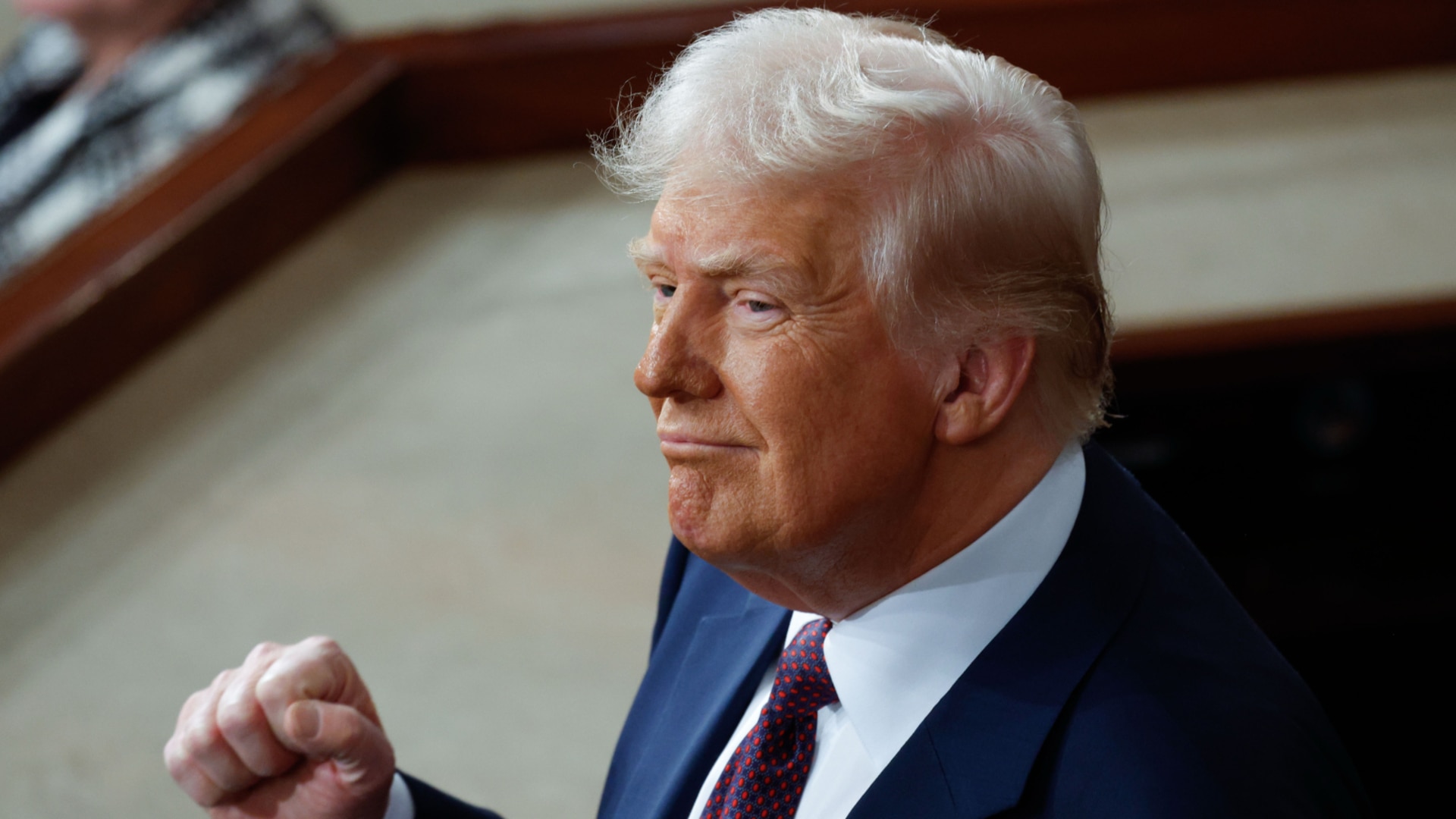
The prospect of American officials exploring routes to remove Zelensky, a democratically elected leader of an allied state, moved from conjecture to possibility on Thursday as reports emerged of senior members of Trump’s entourage holding secret talks with prominent Ukrainian opposition politicians Petro Poroshenko, the former president, and Yulia Tymoshenko, the former prime minister.
While American Republican figures and Russian leaders openly discuss elections, Ukrainian MPs of varying parties signed a declaration last week reaffirming that a vote would not be held until the end of martial law.
Nonetheless, the debate has been opened around possible successors to Zelensky, giving prominence to fringe and unpopular figures in Ukrainian politics while also throwing more serious politicians back into the spotlight.
One such fringe figure is Dubinsky. He was expelled from Zelensky’s party in 2021 after the US sanctioned him for being part of a “Russia-linked foreign influence network”.
Since Trump’s re-election, Dubinsky’s stock has risen, despite not being viewed in Ukraine as a figure with any real opposition clout. Views of his TikTok videos from prison have risen from 40,000 to 1.6 million and right-wing American online media outlets and figures, including a former Capitol riots protester, have shared his posts. He describes himself as pro-Trump, and pro-peace, though his posts regularly repeat Kremlin talking points.
False claims repeated by the US president have been traced back to the Ukrainian MP. On February 18, a poll posted by Dubinsky to his largely pro-Russian followers on Telegram asked them who they would vote for “Zelensky” or a “mop”. Between 3 and 4 per cent chose Zelensky. Dubinsky’s “poll” was cited on pro-Russian Telegram channels with reference to 4 per cent and, according to Ukrainian officials, the number was repeated during US-Russian talks in Riyadh that day.
By the evening at an event in Mar-a-Lago, President Trump had repeated the claim. At the time Zelensky’s approval rating was at about 57 per cent. A poll conducted yesterday (Friday) by the Kyiv International Institute of Sociology showed it had risen to 68 per cent in the wake of the Oval Office spat. When asked by The Times, via his lawyer, whether he had had any contact with Trump’s team Dubinsky said: “No, but I closely follow the situation.” On the poll he added: “I cannot claim that Donald Trump was referring specifically to this poll.”
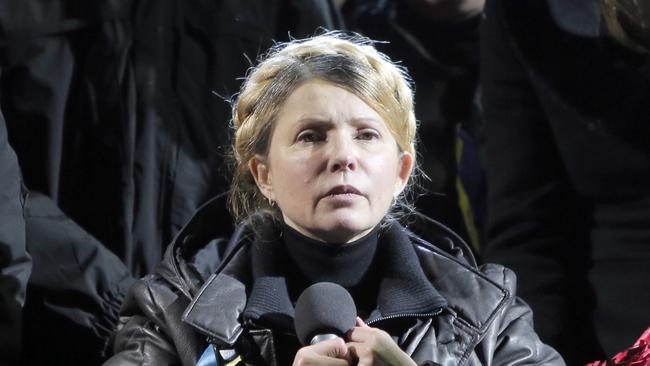
Among the more serious ranks, two people comprise the most notable opposition in Ukraine with significant factions in parliament: Poroshenko and Tymoshenko. Both rose to prominence after pro-European revolutions, Tymoshenko as prime minister under Viktor Yushchenko, who was poisoned before the 2004 Orange revolution, and Poroshenko was Ukraine’s first president after the Euromaidan revolution of 2014.
Tymoshenko made her money in the energy industry in the 1990s, earning the nickname the “gas princess”, and has had several criminal charges levied against her in the past. However, she is a political survivor and has long been a significant pro-European force. Poroshenko, who is worth dollars 1.7 billion according to Forbes, made his fortune from chocolate. He is widely credited with rebuilding the Ukrainian armed forces after the annexation of Crimea and onset of the war in Donbas.
Zelensky’s government imposed sanctions on Poroshenko in mid-February on suspicion of “high treason” and assisting a terrorist organisation – allegations that Poroshenko’s allies have described as politically motivated.
Despite the existence of this opposition, all main political forces are united on one point: none will accept that elections should take place before the end of martial law. After the reports that Poroshenko and Tymoshenko’s teams separately held talks with Trump allies, the former said he was “categorically” against elections during the war.
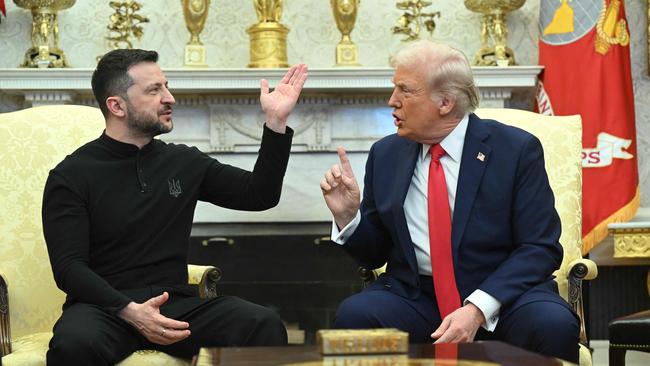
Most agree that holding an election while about three million people are in occupied territory, seven million have fled to Europe, and hundreds of thousands more are fighting on the front line, would lead to accusations of illegitimacy towards whoever was the victor.
Even representatives from former pro-Russian parties have not broken ranks on this issue. Yuriy Boyko, who led the opposition Platform for Life in the 2019 election, said: “When … it’s a war in Ukraine, it’s impossible to be in opposition to today’s authority. We must help them because this is serious.” When the 2022 invasion began several members of the party fled Ukraine and the party was banned.
Asked if he regretted his stance of closer ties with Moscow that he upheld before the war, Boyko said: “You don’t find [anybody] Pro-Russian today.”
In his office in central Kyiv, Dmitry Razumkov, a former chief of Zelensky’s election campaign who fell out with the president in 2021, is now leader of Smart Politics, an inter-factional parliamentary group. He has said there was “no democracy” in Ukraine.
But even he does not wish to see a vote before a ceasefire, for fear this could aid the forces Ukraine is fighting against. “I hope there will be elections in 2025,” he said, “but this election must happen based on democratic principles … not like the ones we criticise in Russia, Iran, and North Korea.”
In 2019, a younger generation of politicians emerged. While many of the new MPs rode the surge of Zelensky’s party into parliament, other parties such as Holos, co-founded by a Ukrainian rock star, also became a key force.
Lesia Vasylenko, an MP for Holos, said that in any future election, “It’s unlikely that many of the existing political parties in parliament will survive. ”
Additional reporting: Viktoria Sybir
The Times

